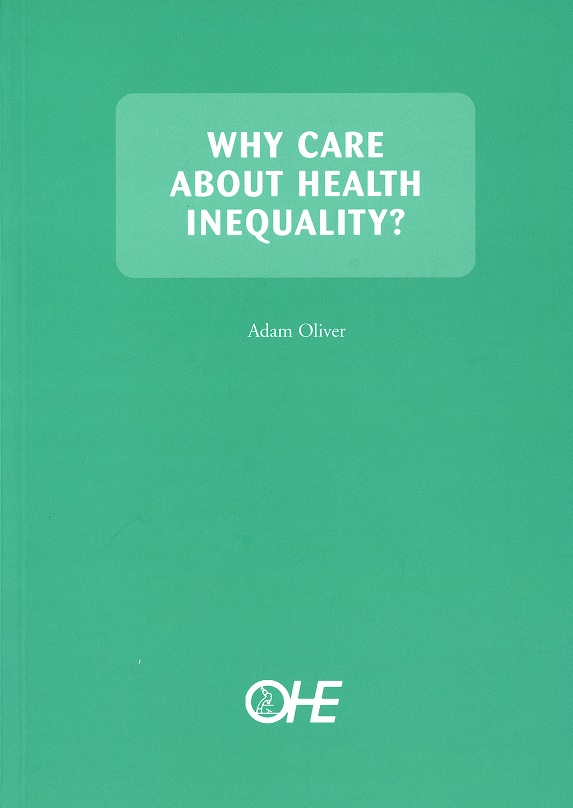Unlocking the Value of Combination Therapies

Public policy in the UK is placing increasing emphasis on health inequalities. The first signal of this renewed commitment came soon after the Labour government was elected. In 1997 it commissioned an independent review of health inequalities with a view to identifying priority…
Public policy in the UK is placing increasing emphasis on health inequalities. The first signal of this renewed commitment came soon after the Labour government was elected. In 1997 it commissioned an independent review of health inequalities with a view to identifying priority areas for future policy development. The review was published as the Acheson Report (Department of Health, 1998a). In addition, the government released a consultation paper, Our Healthier Nation, which expressed the following key objectives (Department of Health, 1998b):
(i) to improve the health of the population as a whole by increasing the length of people’s lives and the number of years people spend free from illness;
(ii) to improve the health of the worst off in society and to narrow the health gap.
This monograph looks at health inequalities in the UK from a health economics Perspective. Chapter 2 contains some evidence on health inequalities in the UK, and Chapter 3 briefly outlines the main arguments that have been put forward to explain the differences in health across social class. A normative justification for reducing health inequality is given in Chapter 4. Chapter 5 takes a closer look at whether inequalities in health across all types of groups are inequitable, and Chapter 6 discusses definitions of equity in health. Chapter 7 gives a critical appraisal of the Acheson Report. Chapter 8 looks at one way in which health economists may contribute towards taking the health inequalities debate forward. Chapter 9 concludes.
Why Care About Health Inequality?


